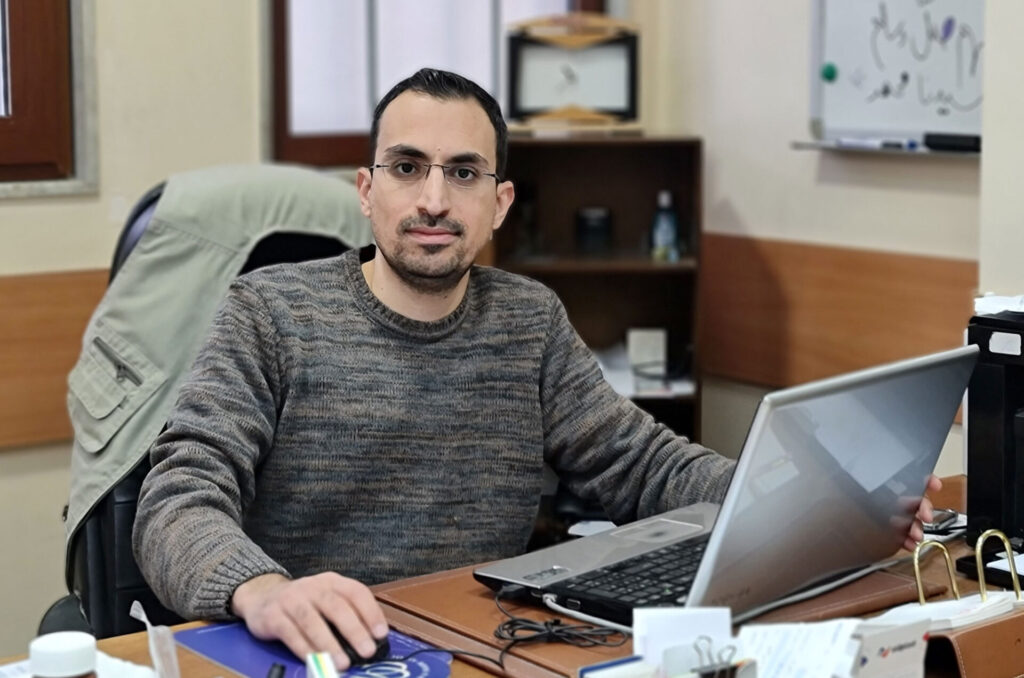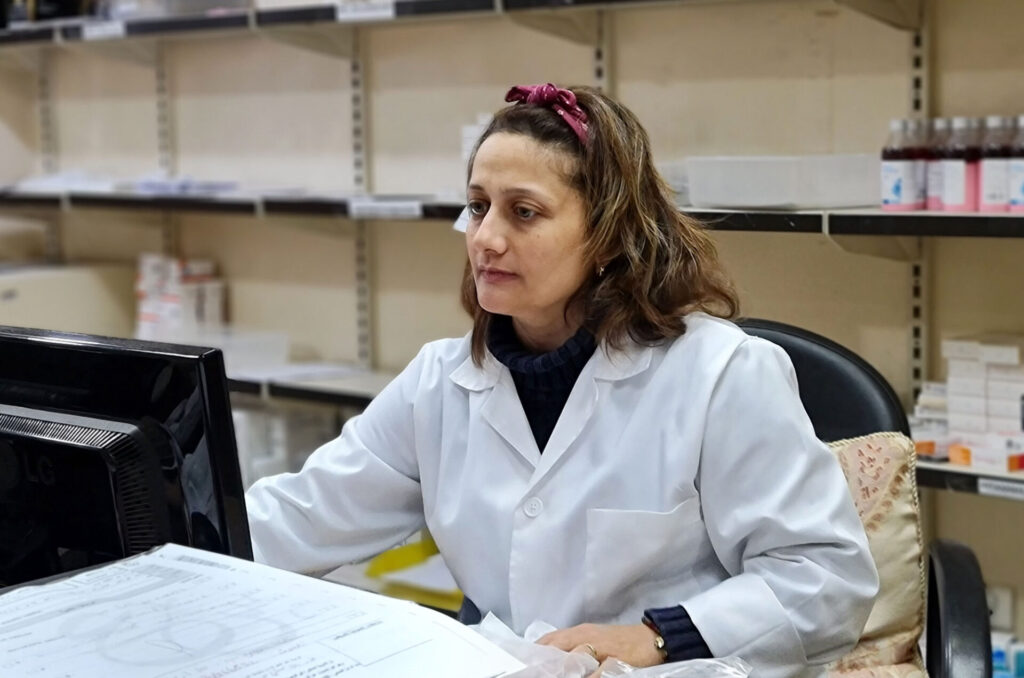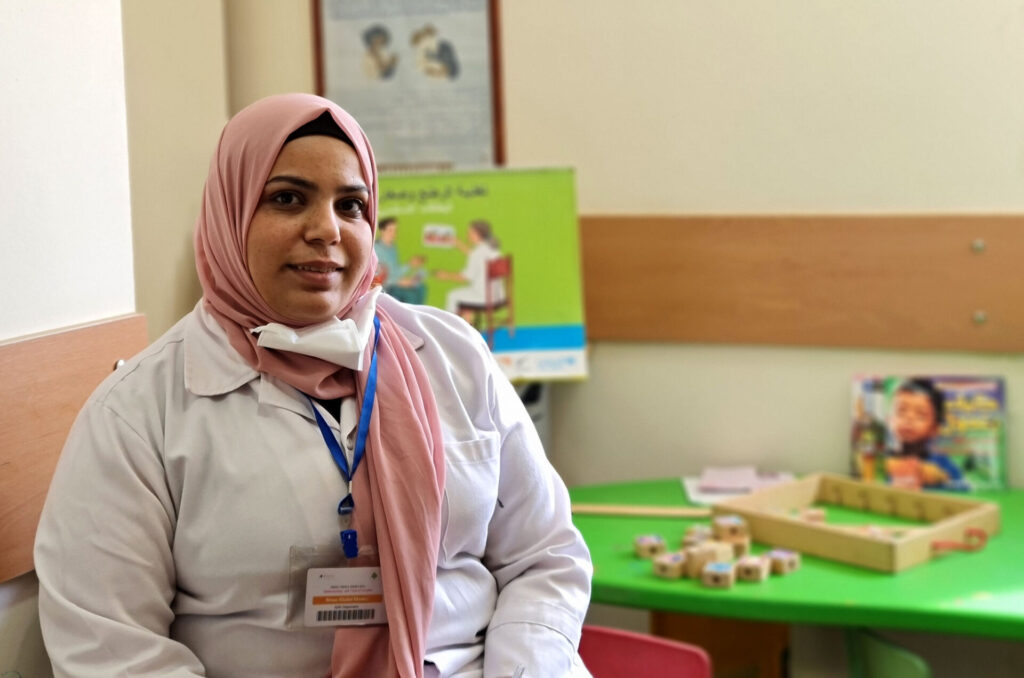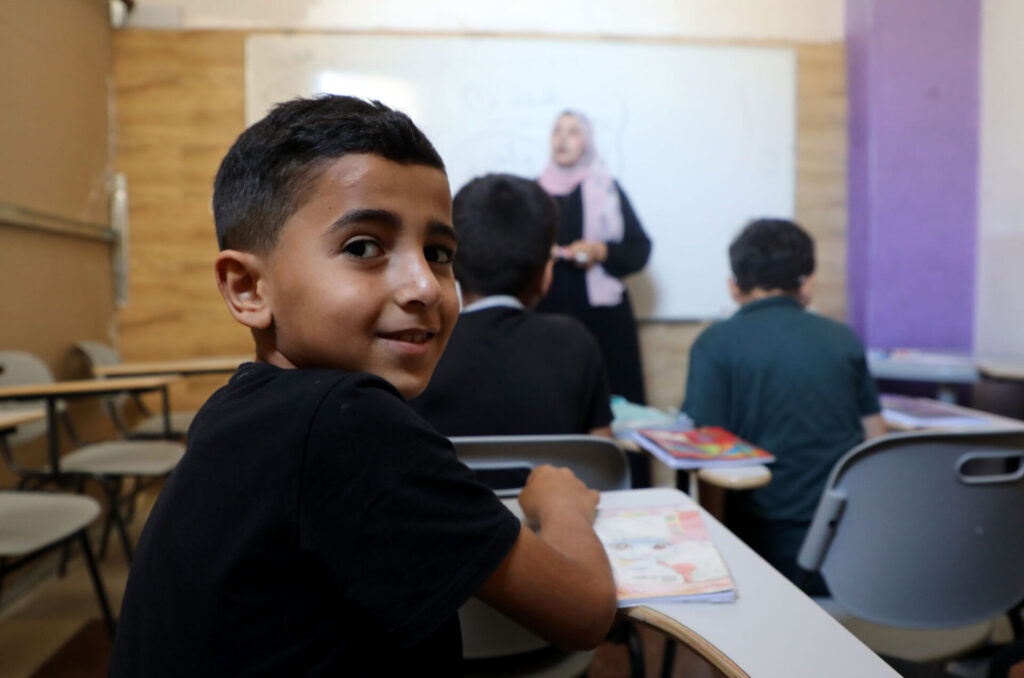Apr, 2023
Medical aid donation helps ensure more patients have access to the medicines they need
Lebanon has been dealing with a number of crises, including political upheaval, economic insecurity and hyperinflation, all of which have harmed its citizens' and residents' mental health. The country has been ranked as the angriest and the second saddest in the world, as reflected in the significant increase in distress calls to the National Emotional Support and Suicide Prevention Hotline. The situation is even worse for Syrian refugees who have fled their country and are now living in Lebanon, with the WHO reporting that more than 22% are suffering from depression. In a nation facing unprecedented challenges, mental health has emerged as a critical issue in need of immediate attention and assistance.
In response to this situation, Anera facilitated the donation of over 29,000 packs of antidepressant medication provided by International Health Partners (IHP), distributing them to 60 health centers all over Lebanon in coordination with the National Mental Health Program at the Ministry of Public Health. All nationalities, including vulnerable Lebanese and refugees, will benefit from this donation.
Al Azm Health Care Center in Tripoli, which is located in a poor and highly populated neighborhood in desperate need of health, psychological, and social support, is one of the facilities that got the donation. According to Mohammad Ayoubi, the chief pharmacist at Azm Health Care Center, the center provides completely free medication assistance in addition to various health and psychological care services.
Ayoubi emphasizes the crucial need for ongoing and permanent medical services, particularly for people suffering from mental diseases. Any modifications or pauses in their medicine might have a detrimental effect on their mental state, causing them to lose therapeutic progress. With Lebanon's multiple crises wreaking havoc on the country's mental health, making these medicines accessible on a consistent basis is crucial to addressing the country's issues.
Riman Khodr, a counselor at Al Azm and a member of the health education team, shed light on the challenges facing Lebanon's mental health. She says that coupled with the stress and crises that people face on a daily basis, random prescription switching due to medication shortages has exacerbated patients' illnesses.
The center also helps victims of harassment and domestic abuse by providing them with psychological and legal assistance. “Sadly, depression has become a plague in Lebanon”, she says. “It’s impacting not just adults but also young people who are turning to drug abuse and suicide attempts driven by frustration and lack of opportunities and support.” The implications of failing to treat mental health concerns in Lebanon may be serious for both individuals and society as a whole.


"Sadly, depression has become a plague in Lebanon.”
The recent donation of antidepressants by Anera will have a positive impact in the battle against the depression and anxiety epidemic in Lebanon. However, it is evident that much more is needed to address the underlying causes of mental health issues and to give long-term, consistent care to people in need. Patients must have access to ongoing medication, professional psychiatric follow-up, and aid. To address Lebanon's mental health crisis, the government, healthcare professionals, organizations, and society as a whole must work together.









